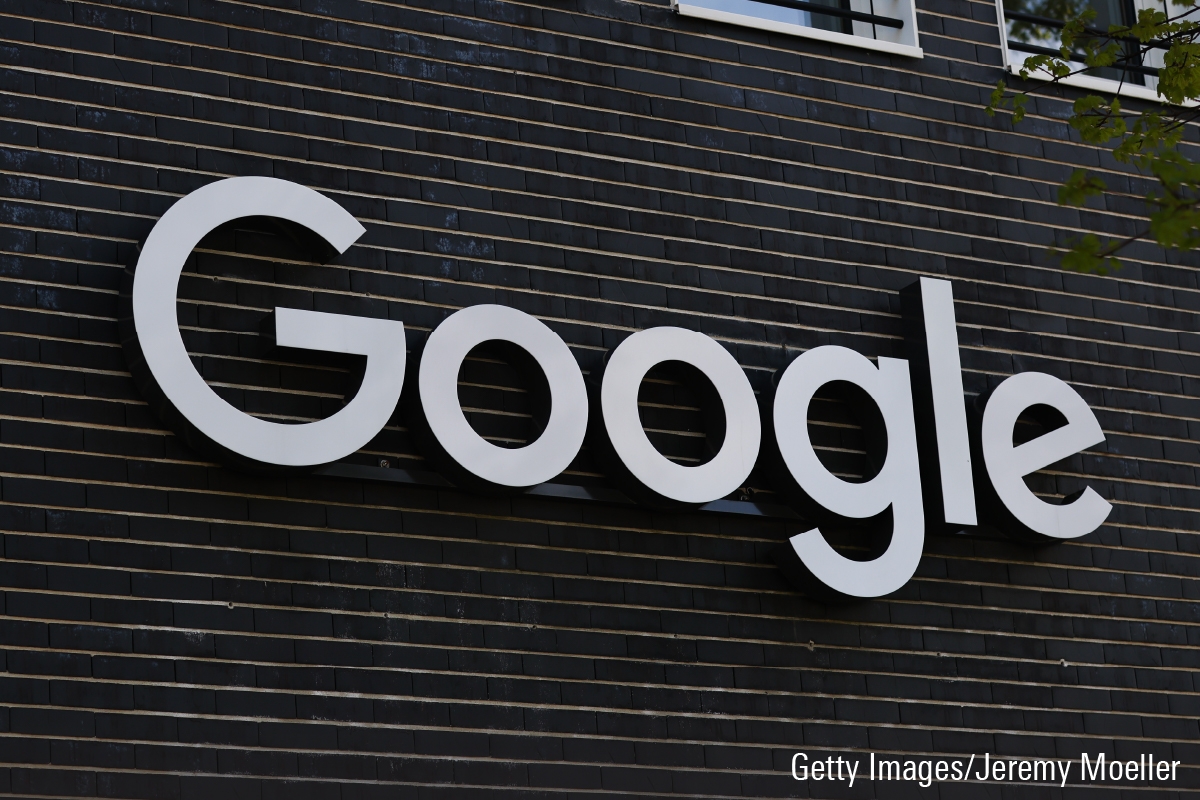
The U.S. Fed recently delivered another interest rate hike, sending a clear signal that it will continue to fight stubbornly hot inflationhealt by ramping up overnight rates. Around the same time, the U.S. government has been attacking the same issue - and investors in healthcare should take note.
To ease the financial strain on consumers caused by rising prices of goods, gas and healthcare, U.S. House Democrats recently passed the landmark Inflation Reduction Act of 2022, which aims to lower prescription drugs and healthcare costs, as well as address global warming and other issues.
“The Inflation Reduction Act of 2022 will make a historic down payment on deficit reduction to fight inflation, invest in domestic energy production and manufacturing, and reduce carbon emissions by roughly 40 percent by 2030,” according to the White House.
The Bill will likely negatively impact drugmakers’ revenue streams by forcing price cuts. Investors exposed to healthcare stocks may want to keep a close eye on the following pharma names for any short-term impact of the Act.
French drugmaker Sanofi (SNY) develops and markets drugs focused on oncology, immunology, cardiovascular disease, diabetes, and vaccines. The company offers a diverse array of drugs with its highest revenue generator, Dupixent, representing just over 10% of total sales. The firm derives 30% of its total revenue from the U.S., and 25% from Europe while emerging markets make up most of the rest.
Sanofi's formidable lineup of branded drugs and vaccines and strong pipeline create solid cash flows and underpin its wide economic moat. “Growth of existing products and new product launches should help offset upcoming patent losses,” says a Morningstar equity report, adding that “Sanofi's existing product line boasts several top-tier drugs, including immunology drug Dupixent.”
Dupixent is expected to clock peak sales of over EUR 14 billion. While the current focus of the drug is the moderate to severe atopic dermatitis market, “additional indications in areas such as the more recently added severe asthma indication will help the drug serve additional patients,” says Morningstar sector director, Damien Conover.
Although Sanofi shares profits on the drug with Regeneron, the very high sales expected for the drug should provide a strong tailwind to overall growth for the company, adds Conover, who recently lowered the stock’s fair value to US$57 from US$58, prompted by “likely headwinds from the Inflation Reduction Act that limits Medicare price increases to inflation and mandates Medicare rebates after drugs have been on the market for a prolonged period.”
Additionally, Sanofi holds a strong position with several vaccines and rare disease drugs that tend to withstand pricing pressures and competition well.
Swedish-British pharma heavyweight AstraZeneca (AZN) sells branded drugs across several major therapeutic classes, including gastrointestinal, diabetes, cardiovascular, respiratory, cancer, and immunology. International markets account for the bulk of sales while the U.S. brings in a third of it.
The drug major has built a formidable presence in the industry backed by patent-protected drugs and a developing pipeline that supports its sustainable competitive advantage. “The replenishment of new drugs is offsetting the past patent losses on gastrointestinal drug Nexium and cholesterol reducer Crestor, and the company is well positioned for growth,” assures a Morningstar equity report.
AstraZeneca's pipeline, the report adds, is emerging as one of the strongest in the drug group. Several of its products in development hold blockbuster potential. The company's recently launched cancer drugs Tagrisso and Imfinzi are particularly well-positioned given their high efficacy in hard-to-treat cancers.
“These drugs should also carry strong pricing power, driving the potential to expand Astra's margins,” says Conover, who recently lowered the stock’s fair value to US$66 from US$68, accounting for “headwinds from the Inflation Reduction Act that limits Medicare price increases to inflation.”
As the next generation of drugs hits the market, Astra's operating margins are expected to “improve based on the strong pricing power of the new drugs and the operating leverage the firm should attain as the new drugs reach critical mass.”
Overall, the company looks well positioned for growth with the recently launched cancer drugs carrying strong pricing power that should have an amplified impact on the bottom line, Conover notes.
UK pharmaceutical company, GSK (GSK) ranks as one of the largest firms in the industry by total sales. The company boasts a dominant position across several therapeutic classes, including respiratory, cancer, antiviral, and vaccines. GSK uses joint ventures to boost scale in certain markets like HIV.
GSK has leveraged its vast resources to create the next generation of healthcare treatments. “The company's innovative new product lineup and expansive list of patent-protected drugs create a wide economic moat,” says a Morningstar equity report.
The magnitude of GSK's reach is reflected in its robust product portfolio that spans several therapeutic classes, which insulates the company from problems with any single product.
Further, the drugmaker has developed next-generation drugs in respiratory and HIV areas that should bulwark its portfolio against branded and generic competition. “We expect GSK to be a major competitor in respiratory, HIV, and vaccines over the next decade,” asserts Conover.
On the pipeline front, GSK has pivoted from its historical strategy of iterative enhancements toward true innovation. The company is now focusing more on oncology and the immune system, with genetic data to help develop the next generation of drugs. “The benefits of these strategies are showing up in GSK's early-stage drugs,” says Conover, who recently decreased the stock’s fair value to US$50 from US$54, incorporating diminished profitability that could result from the Inflation Reduction Act.
However, the current focus on oncology and the immune system will improve approval rates and pricing power, he adds.









.jpg)












